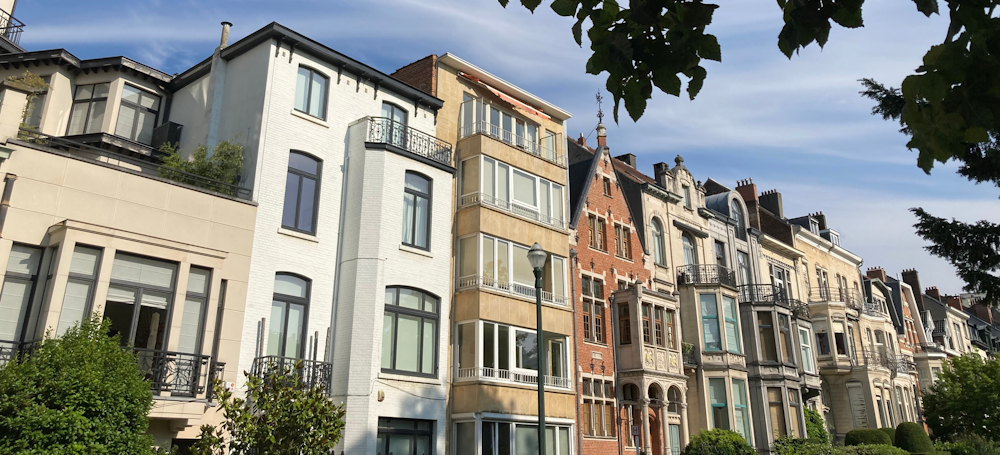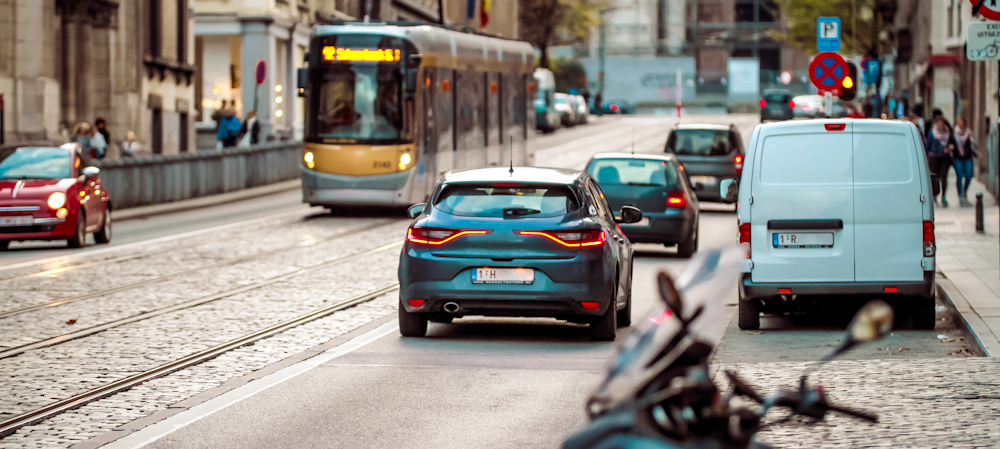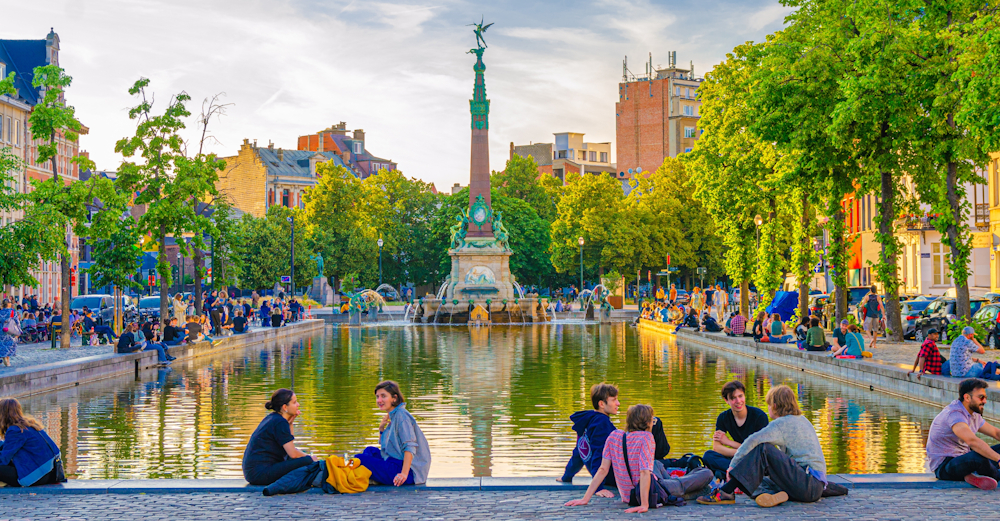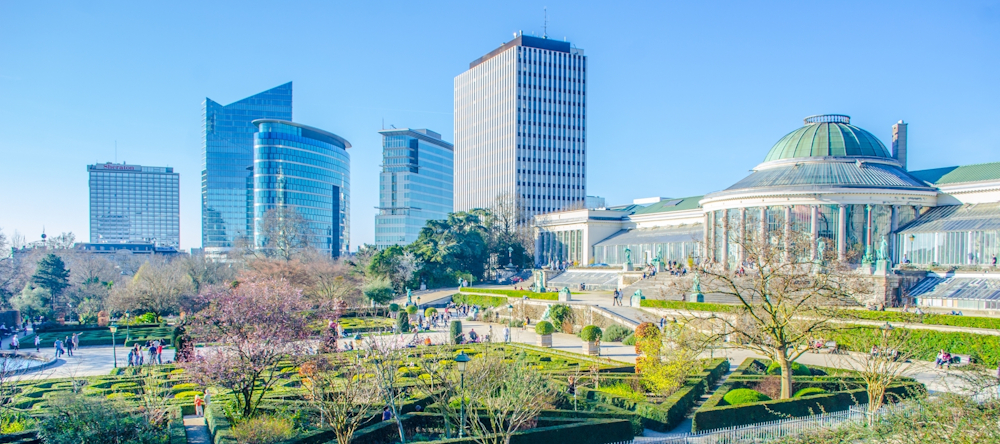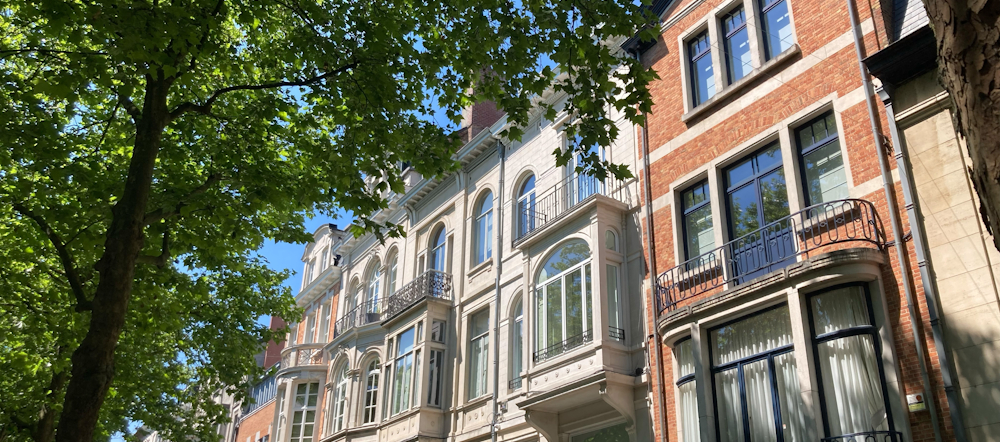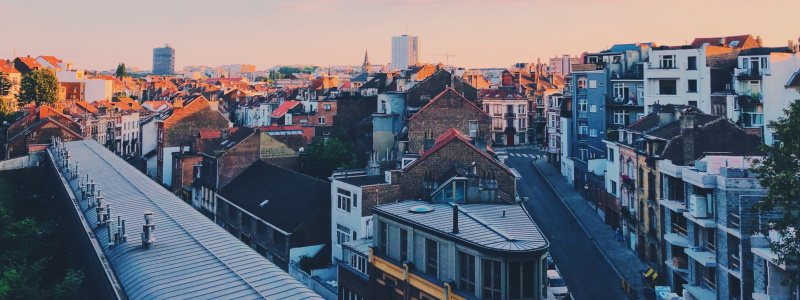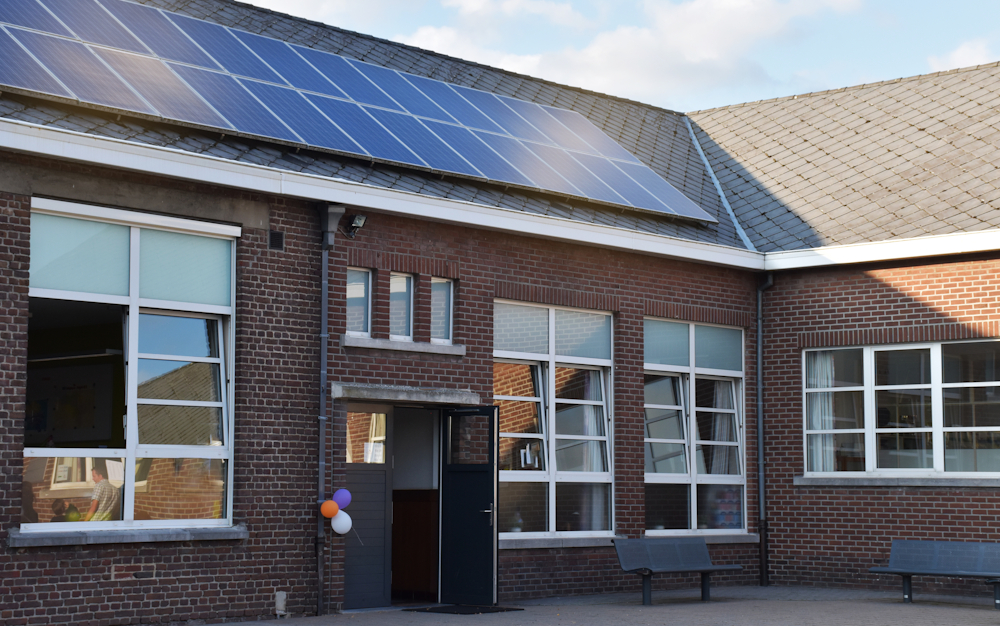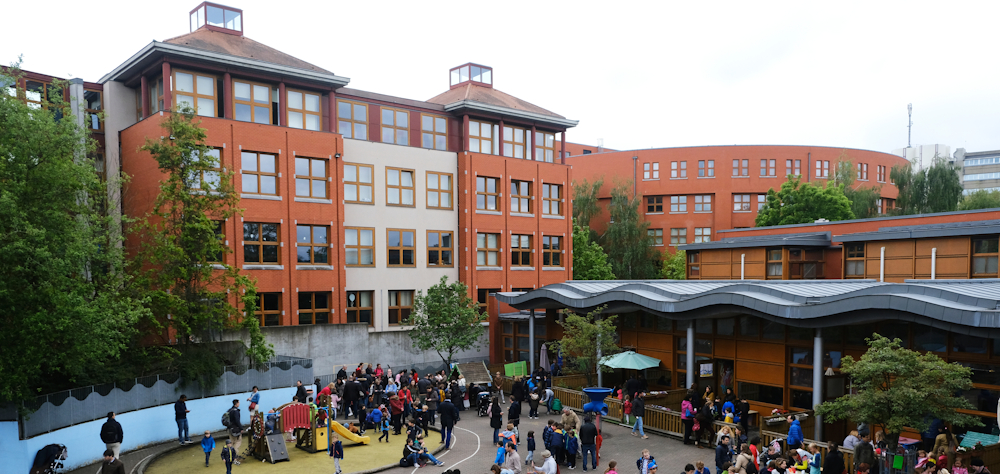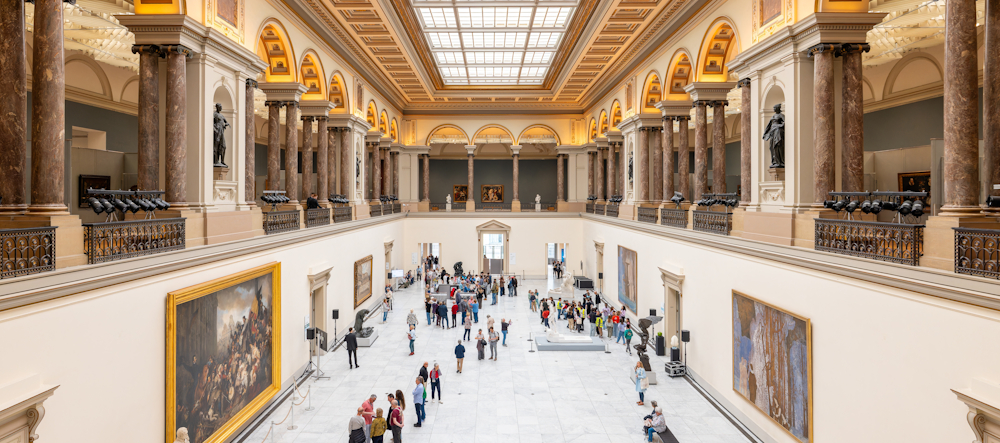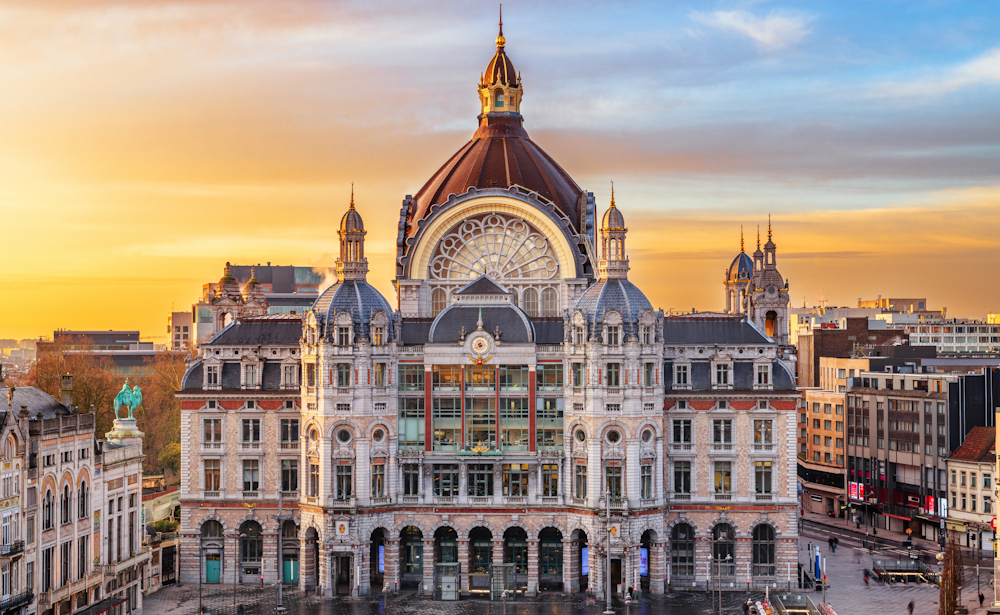Living in Brussels as an expat
Those planning to move to Brussels can look forward to living in a beautiful cosmopolitan city at the heart of the European Union. Belgium’s capital has become a popular expat destination thanks to its high quality of life, mild climate and central location in Europe. Since it is effectively the capital of NATO and the EU, the city has a dynamic, international atmosphere fuelled by expats and diplomats from all over the continent.
Working in Brussels
Brussels houses countless multinational companies and hosts many business conferences on an annual basis, which makes it a city popular with professional expats looking to work abroad. Brussels continues to attract highly skilled expats to its substantial services sector in particular. Engineering, manufacturing, and technology are also major industries.
Cost of living in Brussels

As is the case in many European capitals, the cost of living in Brussels is steep. The city’s fascinating culture, beautiful architecture and, most of all, its ample business opportunities mean that Brussels is in high demand. Belgium’s heavy tax requirements can take up a significant proportion of one’s income, although its excellent social security offerings somewhat offset this.
Lifestyle in Brussels
Expats will also get to enjoy living in Brussels and the lifestyle it offers residents. The wealth of cultural and historical attractions, top-class eateries, and fantastic shopping affords it a unique atmosphere that is rich with history and youthful energy. The modern, well-organised and affordable public transport system in Brussels consists of a metro as well as trams and buses, making it easy for anyone to navigate the city.
Shopping, Restaurants and Outdoor Activities in Brussels
Best Attractions in Brussels
Living in Brussels with children
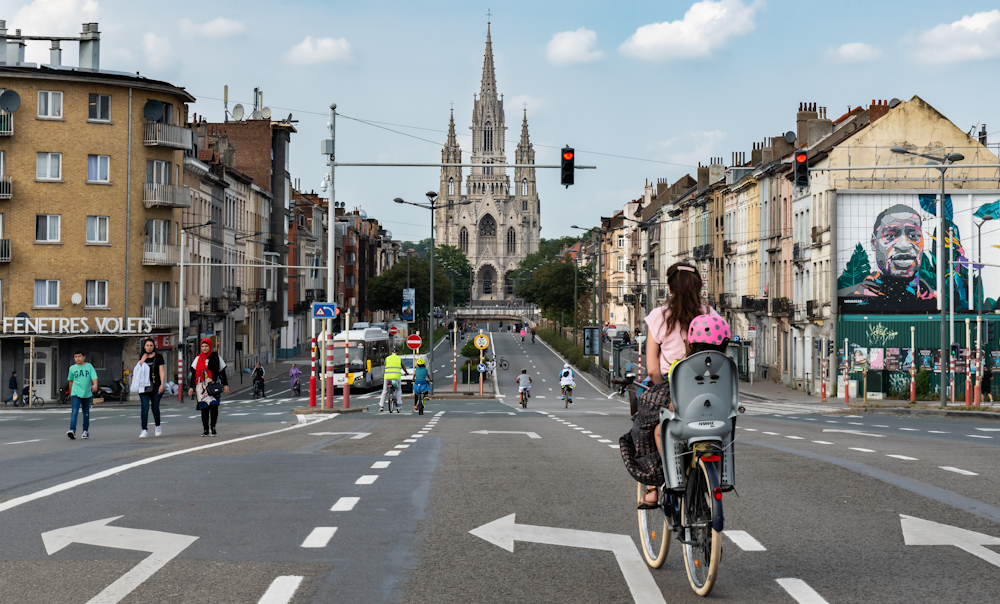
Brussels is very much a family-friendly city and is home to top-notch healthcare and educational facilities. The city is rich in cultural and historical attractions, many of which are child friendly. With easy connections to cities like Paris, London, and Amsterdam, the city is a perfect base to explore Europe as a family.
Kids and Family in Brussels
Best Hospitals in Brussels
Finding a school in Brussels
Brussels hosts a wide selection of high-quality local and international schools. While local state-sponsored schools offer a good quality of education for free, teaching is usually in French or Dutch (with French being more common as it’s the main language of Brussels).
For this reason, expat families may prefer to opt for international schooling. As the capital of Belgium, Brussels has a wide selection of international schools offering all sorts of curricula from around the globe in various languages.
Best International Schools in Brussels
Education System and Schools in Brussels
Finding accommodation in Brussels
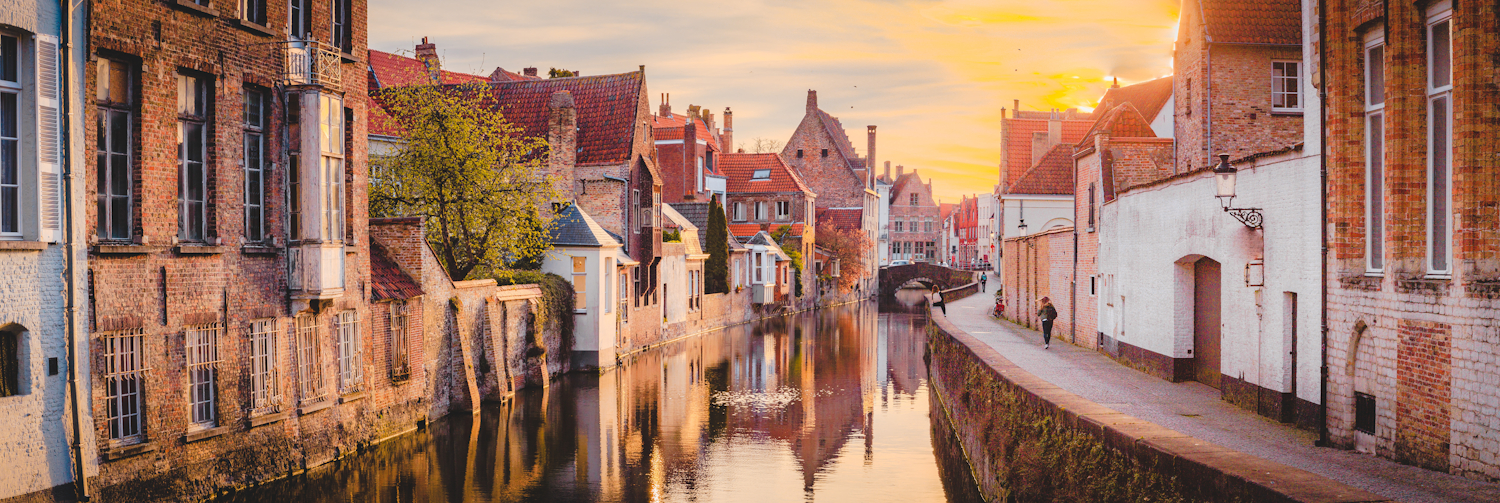
From apartments in the European Quarter to more spacious housing on the city’s fringes, Brussels has a wide range of high-quality accommodation on offer. The traffic in Brussels is notorious for being congested, so it’s best to live in an area close to work if possible.
Best Areas and Suburbs in Brussels
Renting Expat Accommodation in Brussels
Climate in Brussels
The climate in Brussels is mild, tending towards grey skies and light showers year round. Even sunny days can become overcast quickly, bringing unexpected rainfall. Expats should do as locals do and get into the habit of carrying something waterproof with them in case of rain.
Overall, expats in Brussels will find that life in this European city is full of new experiences and adventures. Those with an open mind and a willingness to adapt to the local language and culture should have very little difficulty settling down in their new home.
